Are you thinking to learn a new foreign language? It can open for you new cultural experiences, travel opportunities and career options. But, selecting the right beginner language course from a dizzying array of options can feel overwhelming.
As a newcomer to language learning, you need a program that caters to your experience level while aligning with your goals, preferred learning styles, schedule, and budget.
To ensure you start your multilingual journey on the right foot, you will need to evaluate potential beginner language courses through the lens of these 9 factors.
1. Language of Interest
First, decide which new language you’d like to pick up and ensure courses covering it are readily available. While Spanish, French, Italian, German and Mandarin Chinese classes tend to be widely accessible, quality beginner options in Arabic, Hindi, Russian, Japanese and Korean may require more searching.
Consider your motivations for language acquisition travel, cultural studies, career prospects, connecting with heritage, or pure intellectual curiosity. The foreign tongue should align with your life aims.
2. Comprehensiveness for True Beginners
For complete beginners, you’ll want a course laser-focused on establishing strong foundations in vocabulary, grammar, pronunciation, listening comprehension and basic conversational skills to build the nest. Avoid programs explicitly designed for more advanced levels that make assumptions about previous knowledge.
The best beginner courses avoid overwhelming you by structuring lessons progressively through speaking, reading and writing components using immersive activities and practical dialogues based on real-world contexts. A heavy use of English translations and instruction aids the learning curve upfront.
3. Course Structure and Progression
Speaking of structure, evaluate the overall comprehensiveness and learning path of any beginner language course. Programs divided into clear units, modules or levels help chart your progress.
Within each module, individual bite-sized lessons grouped into themes provide focus while making the workload feel manageable. Courses blending written, audio and video instruction formats tend to be stickier. Interactive activities like quizzes, phrasebooks and games boost retention.
Well-structured curricula driven by linguistic learning objectives keep you motivated by constantly achieving milestones.
4. Learning Tools and Resources
High-quality beginner courses provide ample supplementary learning tools to immerse yourself in the target language. Evaluate included educational resources like:
- Textbook primers explain grammar concepts in depth
- HD video lessons featuring native speaker instruction
- Audio conversation tracks you can learn by ear
- Mobile apps allow on-the-go access to coursework
- Robust online exercises, assignments and dialogues
- Electronic dictionaries, vocabulary lists and study guides
- Virtual tutoring or access to an online student community
With a rich suite of updated learning tools bundled into the curriculum, you’ll gain more versatile exposure to the language from multiple touchpoints for better retention.
5. Pacing and Schedule Flexibility
When kicking off a new language, you’ll require different pacing and schedule flexibility based on available time and desired intensity. Learning sprints work well for highly committed beginners seeking rapid immersion, while a slower cadence suits those with busier schedules.
Seek beginner language offerings providing multiple learning path options to accommodate varied student needs. For instance, you may enroll in an intensive 6-week crash course guaranteed to deliver conversational fluency. Or you could opt for a more extended 6-month self-paced program with lower weekly time commitments at your own rhythm.
6. Expert Instructor Quality and Teaching Methods
Regardless of the course’s format, make sure highly experienced native speakers or bilingual educators provide clear, organized instruction applying effective language learning methodologies. Background knowledge alone isn’t enough instructors should utilize proven educational models designed for language acquisition.
Look for instructors combining engaging lectures with personalized coaching, feedback and adaptive learning assessments measuring individual grasp. They should communicate in the target language at beginner-appropriate levels while highlighting cultural context.
A program’s reputation for empowering learners and boosting proficiency ultimately stems from its top-notch teaching talent focused on mastery, not just memorization.
7. Overall Quality and Course Updates
You’ll get the most long-term value from courses providing extensive, meticulously-designed curriculum content refreshed to feature the latest resources, examples, dialogues and linguistic teachings. Sign of a robust program include continually updated digital learning materials matching current language usage and growing student needs.
Read reviews on production values, multimedia lesson quality, overall program depth and if materials feel fresh or outdated. You’ll want comprehensive courses lacking corners cut.
8. Course Delivery Format Compatibility
Evaluate whether the available formats mesh with your learning preferences and situation. If highly mobile, smartphone app-driven microlearning could be ideal. Those preferring face-to-face interactions should explore local classroom options or courses with virtual tutors.
Other self-starters appreciate the freedom of self-paced online programs they control independently. Visual learners may gravitate to video-heavy curriculums, while readers enjoy textbook-driven pathways.
Match the instructional delivery format(s) and lesson styles contained in each beginner language course to your strengths and lifestyle. The better the compatibility, the higher engagement you’ll maintain.
9. Overall Value and Support
Finally, factor in the overall expected value and costs for various beginner course options. This includes evaluating differences between free mobile apps, subscription services, private tutors, educational institutions and bundled software packages.
Well-reviewed, up-to-date programs from established language learning companies tend to provide the most bang for your buck in terms of breadth and depth of materials as a complete learning solution. But make sure their prices align with your budget.
A course may be stimulating yet affordable, but unhelpful technical support or lack of community turns it into an isolated struggle.
Frequently Asked Questions
What is the easiest foreign language for beginners?
For native English speakers, languages closest to English like Spanish, Italian, Portuguese and French tend to have more shared vocabulary and grammar structures considered easier to pick up initially.
Can you become fluent in a foreign language solely using apps?
While language learning apps provide convenient, bite-sized lessons ideal for beginners, most experts suggest combining apps with other instructional methods, human interaction and immersion for achieving rounded fluency.
How long does it take for beginners to learn a new language?
There is no one-size-fits-all timeline as language acquisition depends on the individual’s commitment, learning environment, and frequency of study. However, the Foreign Service Institute suggests spending 480 hours for basic fluency in easier target languages.
Should complete beginners start with conversational or reading/writing courses first?
Conversational skills facilitate speaking and listening comprehension initially, while reading and writing lags. Once conversational abilities build, add more emphasis on orthography. But all skills reinforce simultaneously long-term.
How much do quality beginner language courses cost?
Costs vary widely across options like textbook programs ($20-100+), tutoring ($10-50+/hr), software ($100-300+), college classes ($800+/course), total immersion travel programs ($1,500-4,000+). Assess total value beyond just pricing.
What is the ideal beginner course duration?
For casual learning, beginner courses progressing through full curricula over 6-12 months are common. However, intensive 4-12 week courses condense the same knowledge for quicker conversational basics if prioritizing rapid results.
Conclusion
There’s no one-size-fits-all language course perfect for everyone starting their first foreign language. Prioritize comprehensiveness tailored to true beginners. Then analyse factors like program format, supportive learning tools, teaching quality, reputation, value and your personal goals.
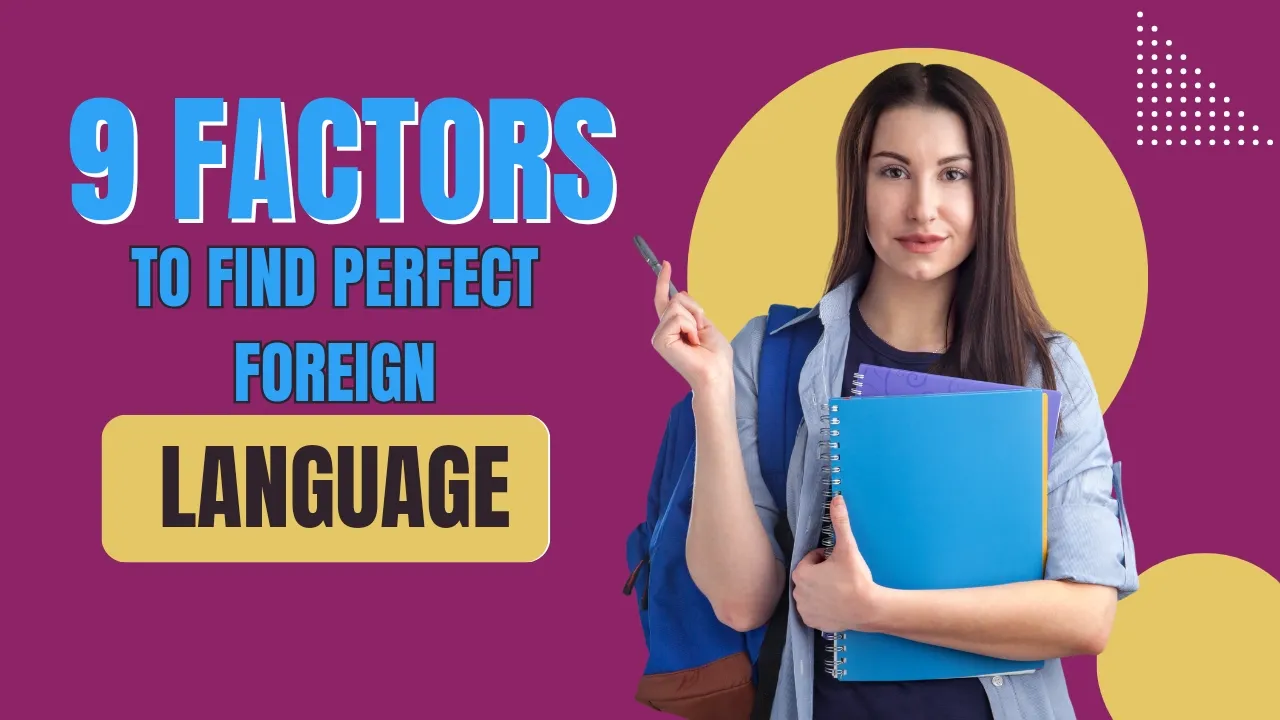
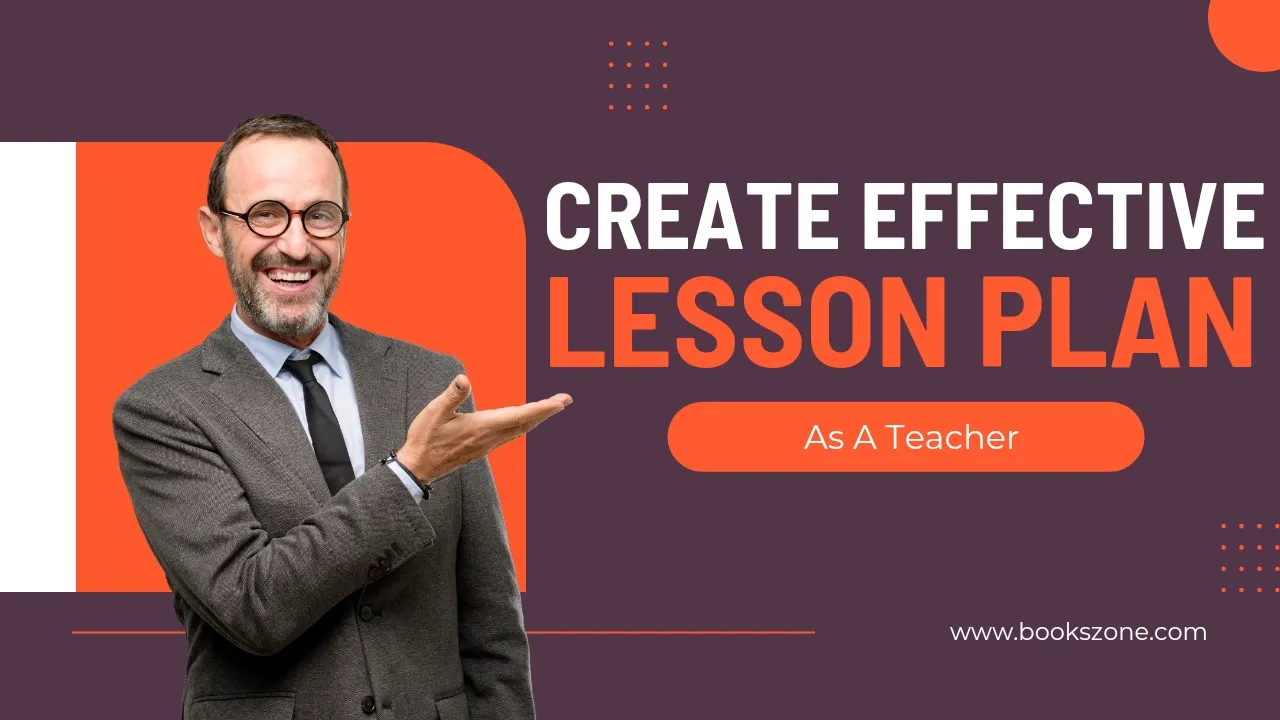
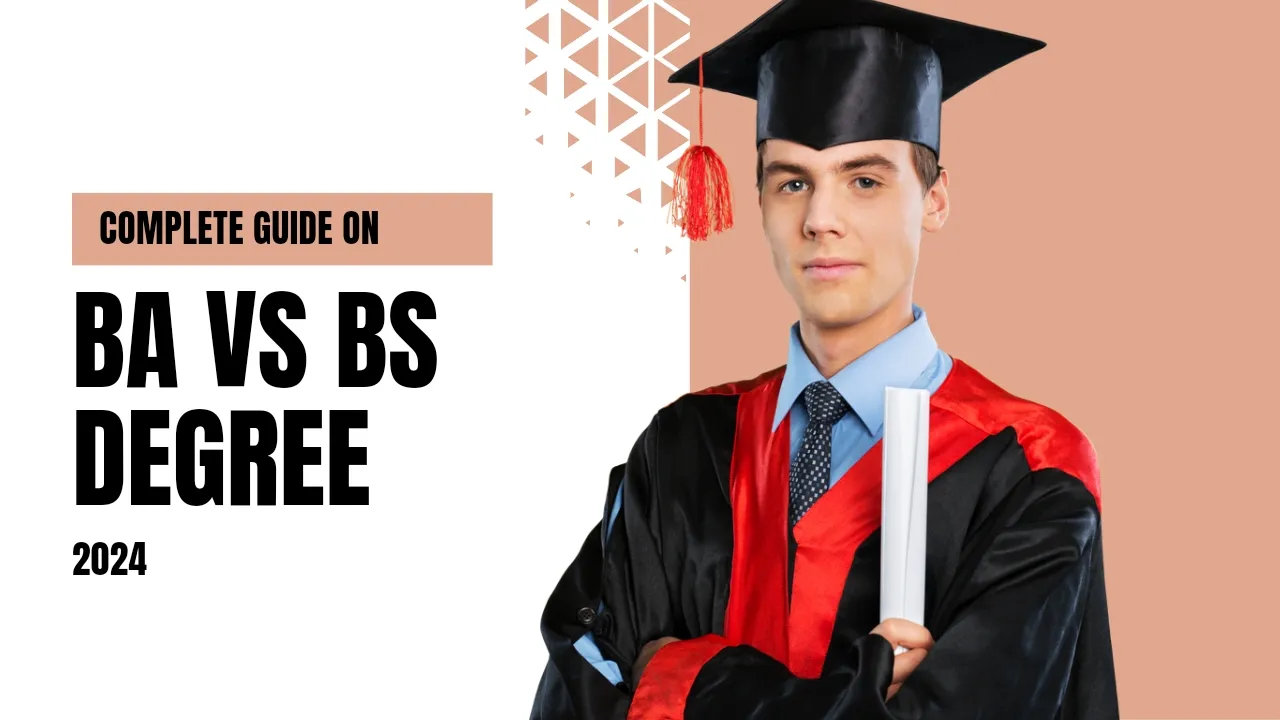
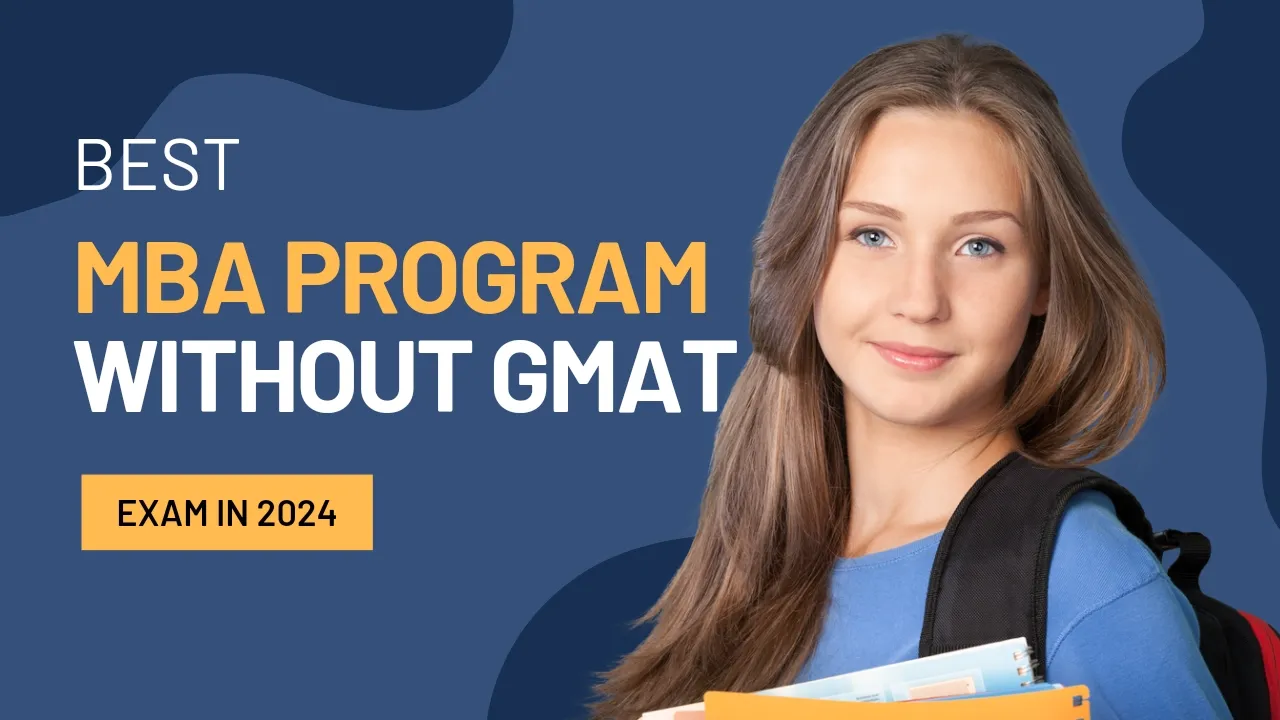
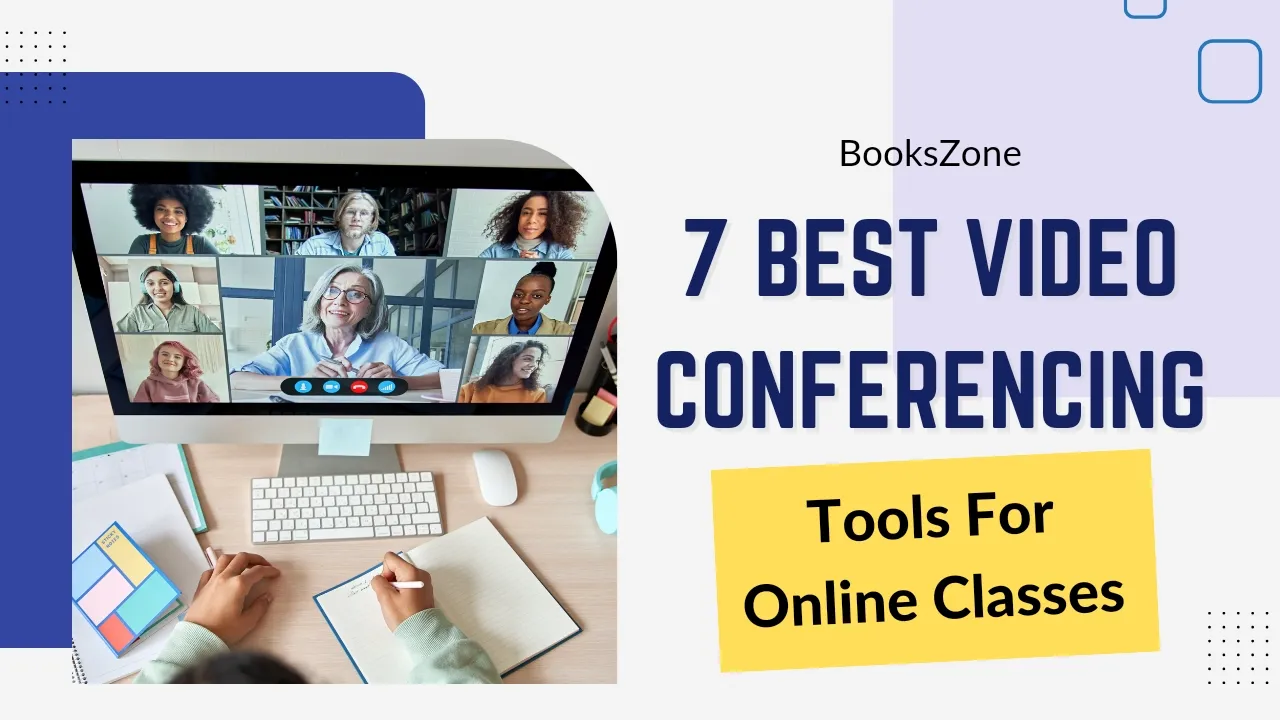
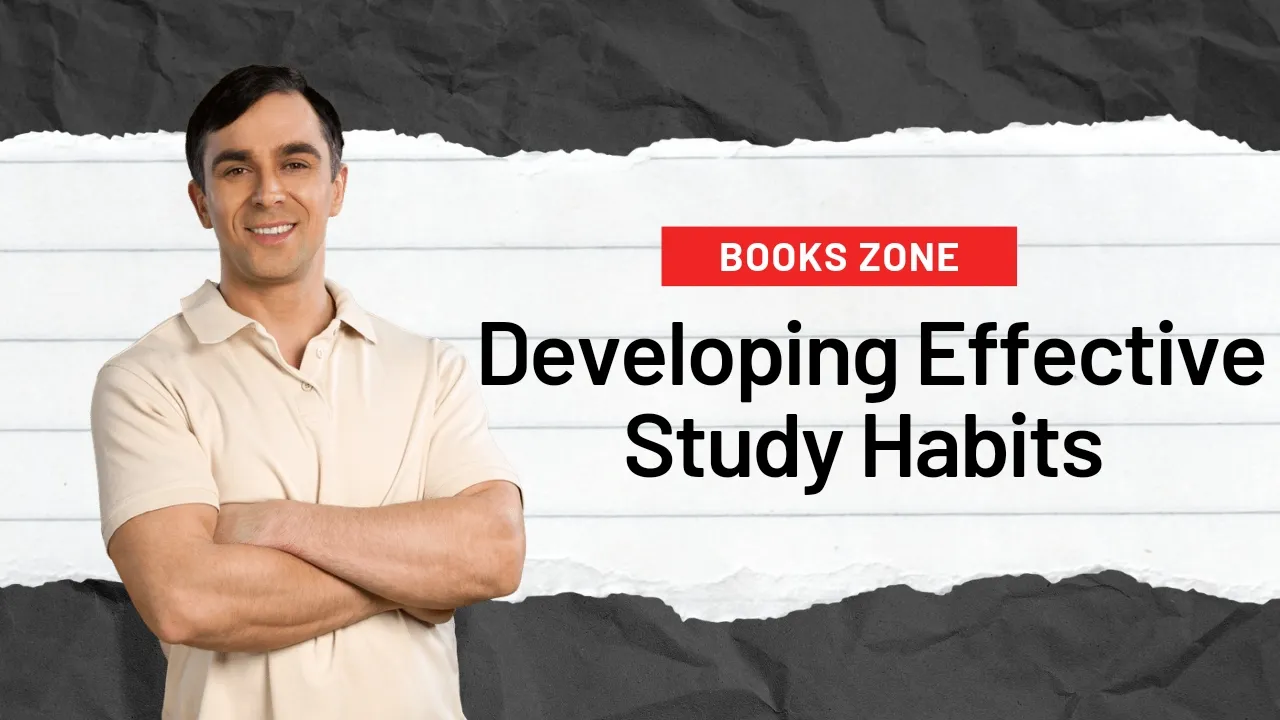
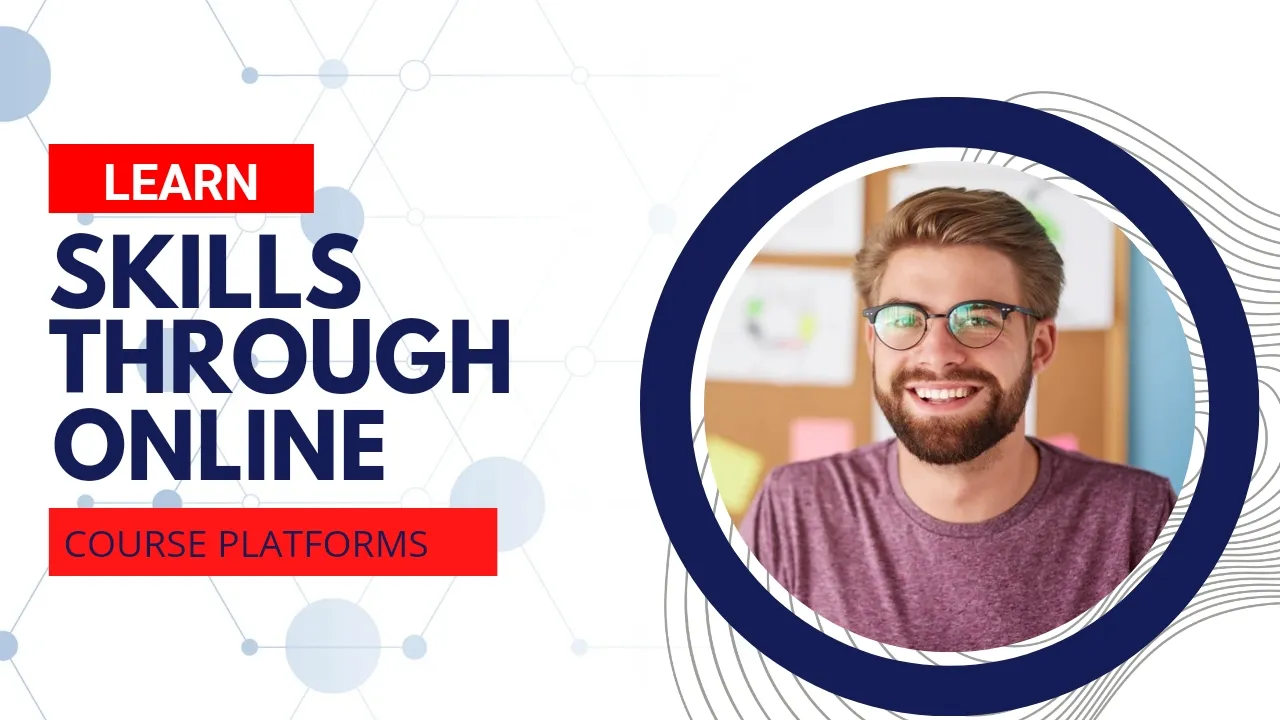
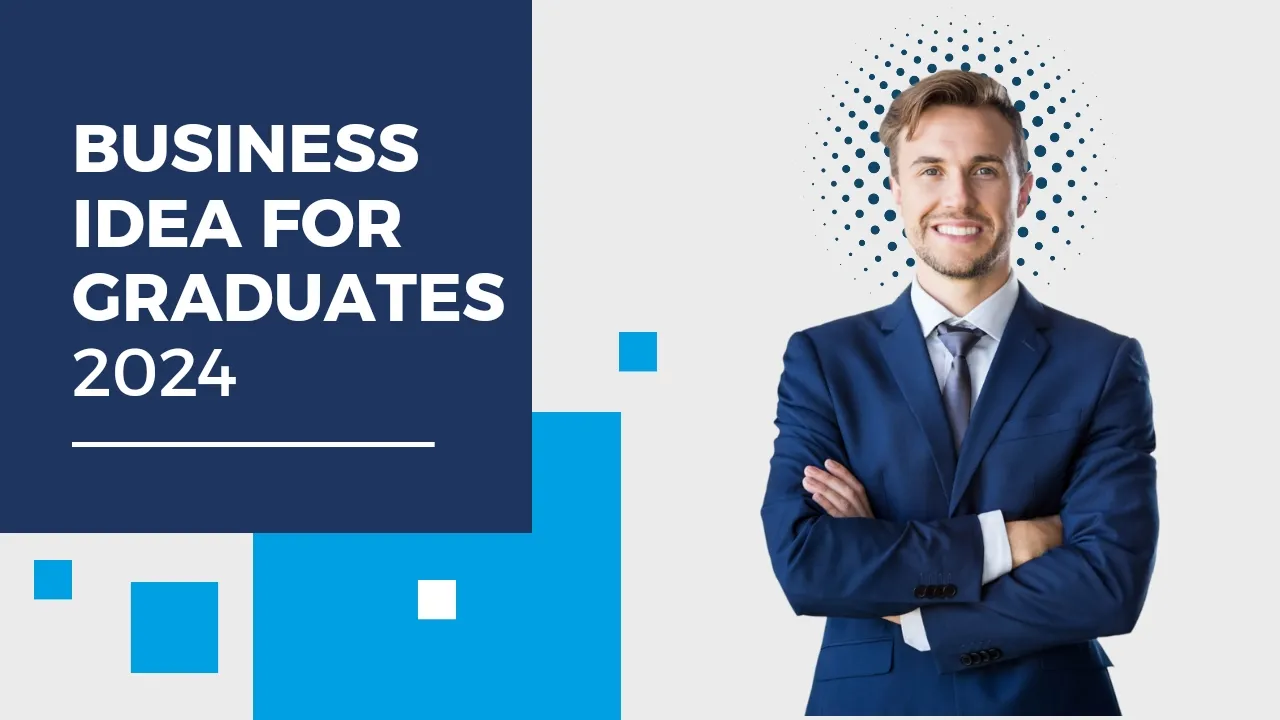






Leave a Comment